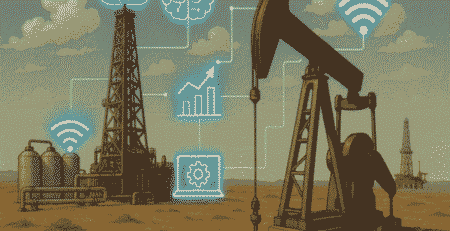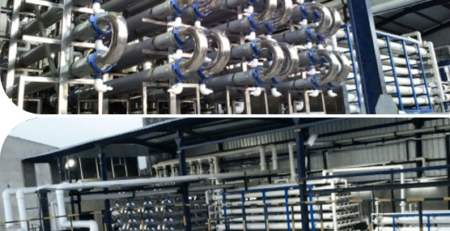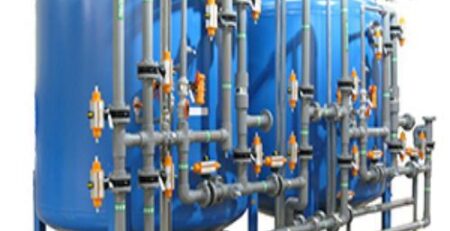Why Disinfectants Are Necessary in Poultry Farms
Disinfectants are essential in poultry farming because poultry houses are high-density environments where pathogens can spread very quickly. Here’s a clear breakdown:
🔹 Why Disinfectants Are Necessary in Poultry Farms
1. Disease Control
- Poultry are vulnerable to viral, bacterial, and fungal infections (e.g., avian influenza, Newcastle disease, salmonellosis, coccidiosis).
- Disinfectants kill pathogens that cleaning alone cannot remove.
2. Biosecurity
- Prevents pathogens from entering or spreading within the farm.
- Disinfectants in footbaths, vehicle washes, and equipment sanitation help block cross-contamination.
3. Protecting Flock Health
- Reduces mortality and morbidity in flocks.
- Minimizes stress caused by illness, supporting better growth and productivity.
4. Food Safety
- Many poultry pathogens (like Salmonella and Campylobacter) can pass to humans through meat or eggs.
- Disinfectants break this chain, protecting public health.
5. Economic Benefits
- Lower losses from disease outbreaks.
- Better feed conversion and weight gain because birds stay healthy.
- Less antibiotic use, lowering costs and reducing risk of antimicrobial resistance (AMR).
6. Regulatory & Market Compliance
- Many poultry integrators and export markets require strict disinfection protocols for certification.
- Disinfectants are part of Good Agricultural Practices (GAP) and HACCP standards.
✅ In summary:
Disinfectants are not optional in poultry farming — they are a critical part of biosecurity, ensuring healthy birds, safe food, and sustainable farm operations.











